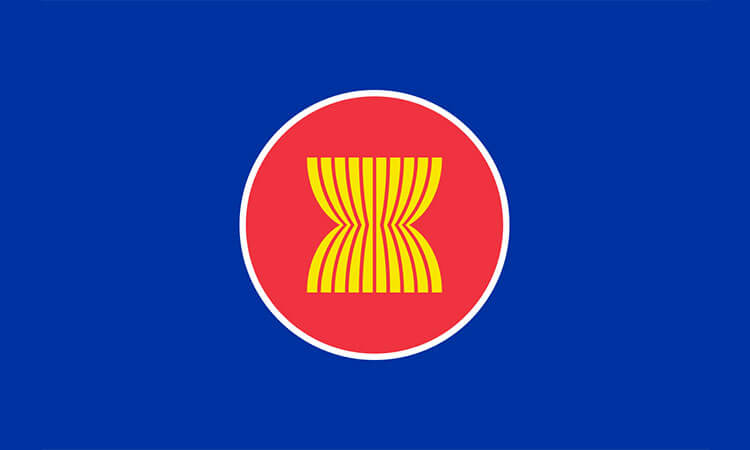Leaders from the Association of Southeast Asian Nations (ASEAN) convened in Malaysia on Monday for a high-stakes summit, with discussions dominated by escalating trade concerns and the ongoing turmoil in Myanmar.
As Southeast Asian economies brace for the potential impact of looming U.S. tariffs—some as high as 49%—the 10-member bloc is urgently seeking to deepen trade ties beyond Washington and boost internal economic cooperation. The proposed levies, part of President Donald Trump’s “Liberation Day” measures, threaten to upend export-driven growth across the region unless alternative agreements are secured before July.
In his opening speech, Malaysian Prime Minister Anwar Ibrahim criticized the growing protectionist stance of global powers, warning that the foundations of free trade were being shaken by arbitrary decisions. Yet he expressed confidence in ASEAN’s resilience, asserting the group’s ability to weather current economic and geopolitical turbulence.
Efforts to diversify trade relations have already begun. ASEAN recently wrapped up negotiations with China on an updated free trade agreement and has committed to reducing intra-bloc trade barriers. The summit will also feature the bloc’s inaugural meeting with the Gulf Cooperation Council, signaling a broader intent to engage with new global partners. Chinese Premier Li Qiang is among the key attendees.
“This marks a strategic turning point for ASEAN. The U.S. tariffs have forced a fundamental reassessment of how the bloc safeguards its economic interests,” said Adib Zalkapli, head of political consultancy Viewfinder Global Affairs.
Beyond trade, the summit is also addressing critical regional flashpoints, particularly the protracted conflict in Myanmar. ASEAN leaders are expected to consider appointing a permanent special envoy tasked with brokering peace talks between the military regime and opposition forces—replacing the current rotating system tied to the bloc’s chairmanship. Myanmar’s military government remains barred from participating in ASEAN summits.
Malaysia’s Foreign Minister Mohamad Hasan has called for a halt to hostilities in Myanmar and urged all sides to extend the fragile ceasefire set to expire at the end of May. The truce was initially brokered after a devastating March earthquake that killed thousands, but violations—including a deadly airstrike on a school—have since reignited tensions.
Following bilateral discussions with Prime Minister Anwar, Myanmar’s junta leader Min Aung Hlaing agreed to prolong the ceasefire and facilitate humanitarian access. However, rights groups such as Fortify Rights are pressing ASEAN to adopt firmer measures, including a unified embargo on fuel and arms deliveries to the junta.
The summit is also expected to revisit stalled negotiations with China over a long-delayed code of conduct for the South China Sea—an increasingly contested waterway through which trillions of dollars in trade flows annually. China’s sweeping territorial claims continue to clash with those of Vietnam, Malaysia, Brunei, and the Philippines.
Adding to the complexity of the summit’s agenda, Malaysia has urged ASEAN to voice concern over the conflict in Gaza, with Foreign Minister Hasan decrying the “erosion of international law” and the humanitarian toll of ongoing violence.
As the summit unfolds over two days in Kuala Lumpur, ASEAN leaders face the challenge of forging unity and decisive action in a region shaped by external pressures and internal divisions.







